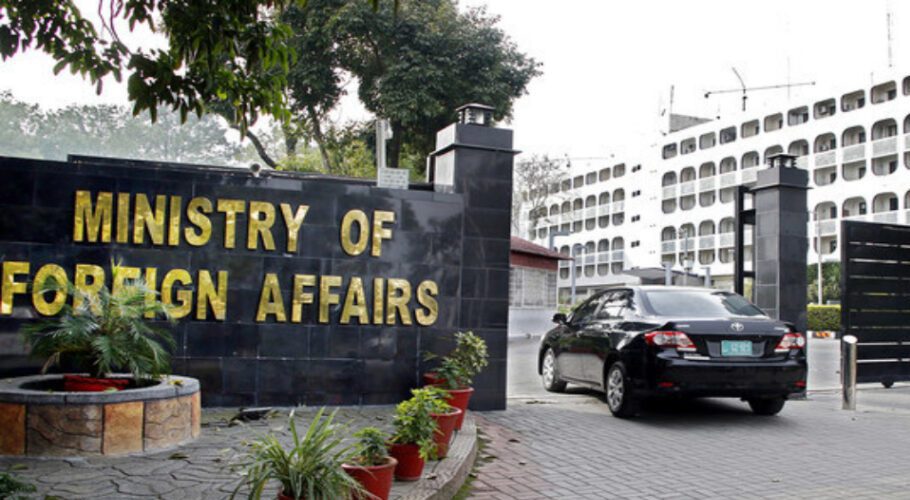Tariffs imposed by the United States have changed the patterns of international trade in the recent past. In particular, President Trump placed tariffs on products coming from Canada, Mexico, and China with an intention of safeguarding American businesses and increasing domestic production. While this policy is controversial, it has given a unique chance to a nation such as Pakistan to fill the gaps left by these tariffs.
These tariffs, especially the 25% on Canadian products which include automobiles and other daily usage items, have created a vacuum in the market. Therefore, this set of conditions is perfect for Pakistan to identify and market grocery and other items along with smaller molded plastic parts that are being heavily dominated by Chinese and Canadian goods. As these items become more expensive due to tariffs, the need for cheaper alternatives increases, and Pakistan stands ready to fill that gap.
Each time the U.S. imposed tariffs, such as in 1789, 1816, 1930, and 1945, it has almost always led to a growth in American manufacturing. These tariffs have ultimately boosted production within the country and at the same time allowed foreign suppliers to fill some of the gaps in the country’s industries. The situation right now is no different as the tariffs have created an opportunity for Pakistan to enhance its exports, especially for the goods that it already under production and supply.
Pakistan can potentially do very well in supplying small, easy to manufacture plastic parts for the automobile industry and the grocery shops where items made out of plastic are purchased on daily basis. With U.S. car manufacturers struggling to cope with the higher price of parts from Canada, Pakistani manufacturers can fill the gap by supplying essential plastic fittings and interior parts. In so doing, Pakistan will not only help its economy, but will also help improve its trade-relations with the U.S.
For Pakistan to capitalize on this opportunity, quick action is required. With the help of FPCCI and the military, a task force can be setup in every major city to assist in locating and manufacturing the high-demand items. The Pakistan Army has successfully rendered its services in aid of aid of civil government during times of crisis and disasters, so they can be instrumental in helping with the coordination effort through the platform like SIFC, such measures can remove all the impediments faced by the manufacturers.
Action must be taken at once. To help stimulate production, the government should consider removing red tape, providing loans, and cutting electricity cost for producers. This would make it possible for manufacturers to increase their production to satisfy the requirements of the United States.
Additionally, the game is now changing at a breakneck speed. If there were to be support from Trump’s administration, there could certainly be some eye sore discussions on the geopolitical stage regarding the Abraham Accords or even the accepting of refugee Palestinians. It is obvious that Pakistan needs to grab on to their part of the pie before it is too late in the geopolitical landscape start changing.
In the United States, there are approximately 38,000 dollar shops that generate revenue nearing $80 billion with total turnover of nearly $3 trillion. This indicates that there is a huge potential area that can be captured. If Pakistan were to set up its manufacturing and export systems on a war footing, it could capture a large segment of this market and make Pakistan one of the major players in the economy.
The decision of the Policymaker in the United States has naturally presented an extraordinary opportunity for a country like Pakistan. If Pakistan is quick enough to utilize its manufacturing capabilities, it can fill the existing market gaps and improve its trade relations with the US. The moment is ripe and actions must be executed at a speed of light.




























